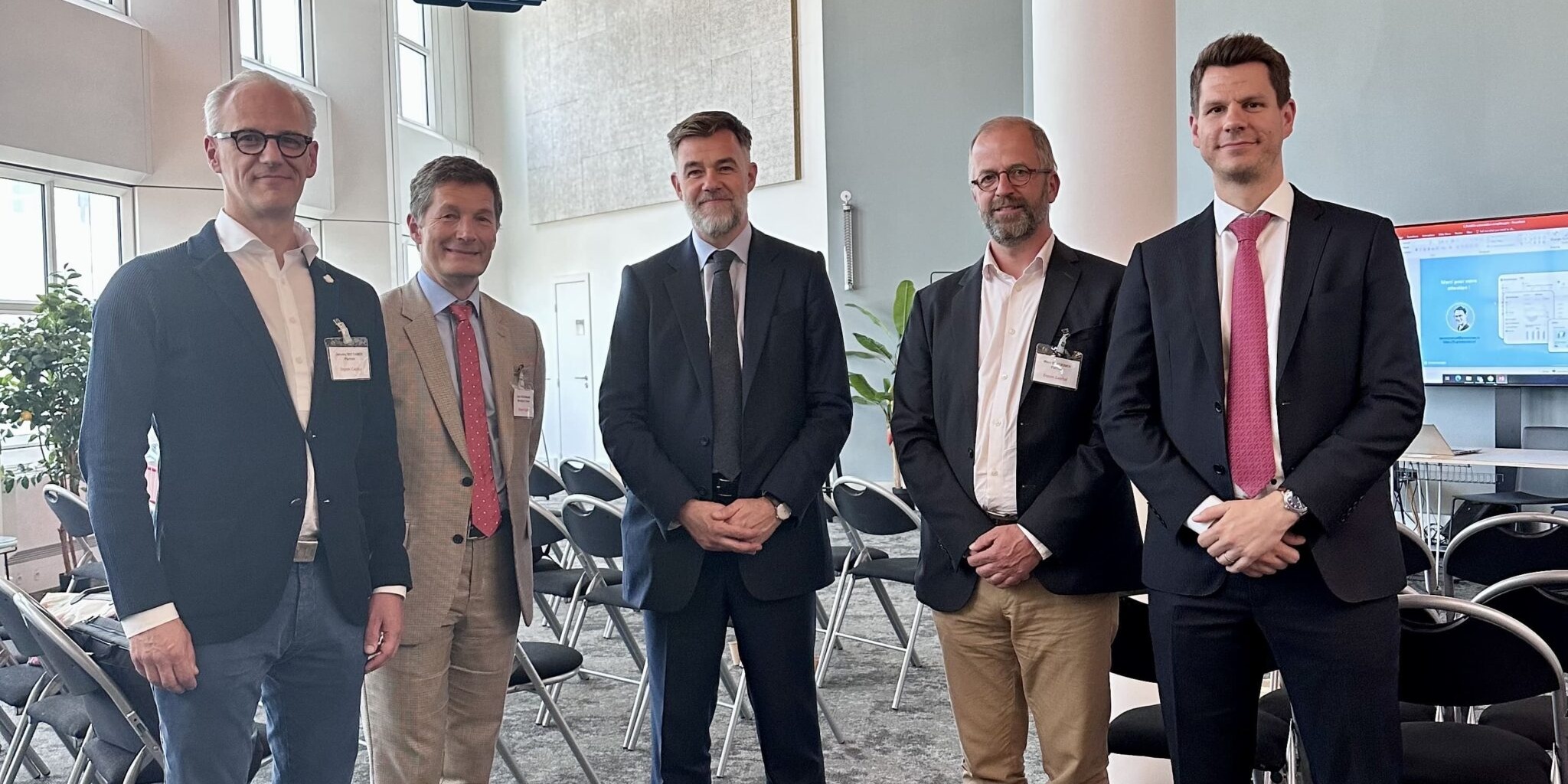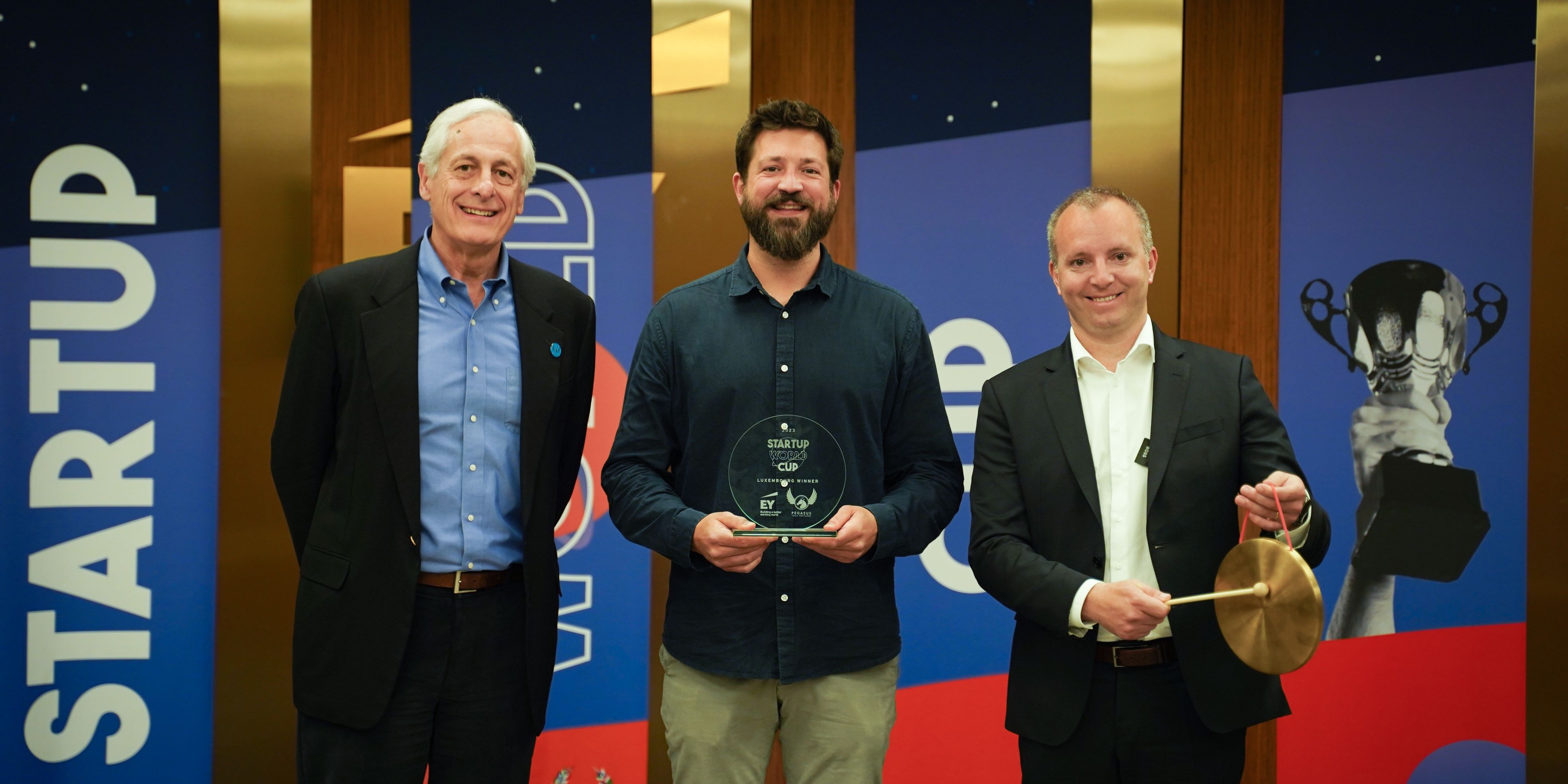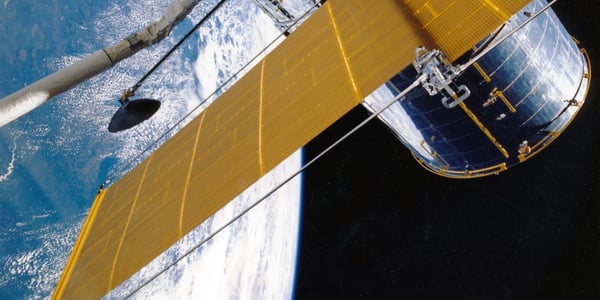In April 2022, the European Space Resources Innovation Centre (ESRIC) will welcome the participants in the first edition of its start-up support programme. The intention is to support early-stage start-ups in the space resources sector with developing their business models, attracting their first customers and securing their first investments.
33 start-ups from 17 different countries applied for a place in ESRIC’s start-up programme, the first one in the world targeting young companies in the space resources field. A committee including representatives of the European Space Agency (ESA), the Luxembourg Space Agency (LSA), the Luxembourg Institute of Science and Technology (LIST), and Technoport (Luxembourg’s main technology incubator) selected the five most promising ones.
Space resources value chain
The applying start-ups are active across the entire space resources value chain, spanning from exploration, extraction and robotic technology to waste management and manufacturing. Applications were evaluated on criteria such as space resource market and/or business, technology, business objectives, planning and execution, and project team.
We had the chance to meet the next generation of companies in the space resources sector, and were impressed by their enthusiasm, their innovative ideas and their entrepreneurial spirit,” comments ESRIC’s Lari Cujko who manages the programme.
Five companies were selected by the jury:
- Astroport Space Technologies (USA), which transforms lunar dust (regolith) into bricks and materials for 3D printing of lunar infrastructures. Its expertise covers the areas of 3D construction printing, site preparation, regolith processing and refining, robotics and space architecture.
- Anisoprint (Luxembourg) develops equipment for 3D printing of tools, components, repair parts and structural elements made of composite materials in conditions of weightlessness and low gravity. Its project will support the development, extraction and use of space resources.
- Adventus Interstellar (Switzerland) focuses on the design and construction of rover-landing systems based on tensegrity, i.e. the “internal balance” of a structure due to the forces of tension and compression distributed. With this technology, it intends to set up space deployment services at very low cost.
- Four Point (Poland) aims to reduce the environmental impact of open cast mines through new technological innovations focused on monitoring, big data analysis, and autonomous machines for extraction and transportation.
- Orbit Recycling (Germany) aims to remove space debris from Earth’s orbit and transport it to the Moon for recycling.
Three-stage start-up support programme
All five participants will benefit from an initial three months of incubation. After that, the best start-up will be offered a two-year incubation phase that it can use to confirm its technical value proposition and further develop its business model.
It will receive additional technical and commercial support as well as a non-repayable grant of up to €200,000. A third residency phase lasting a maximum of 36 months will be possible for this start-up, in order to monitor technical developments and continue to grow sales and customers.
ESRIC intends to continue this initiative by launching two calls for applications each years. The next call will be launched in June 2022.
Stay tuned!
Sign up now and receive the latest news about our ecosystem into your inbox.
You May Also Like
These Related Stories

Expon Capital Launches Its third generation Digital Tech Fund to support startups in Luxembourg

Circu Li-ion wins regional finale of Startup World Cup and will next pitch at Silicon Valley






